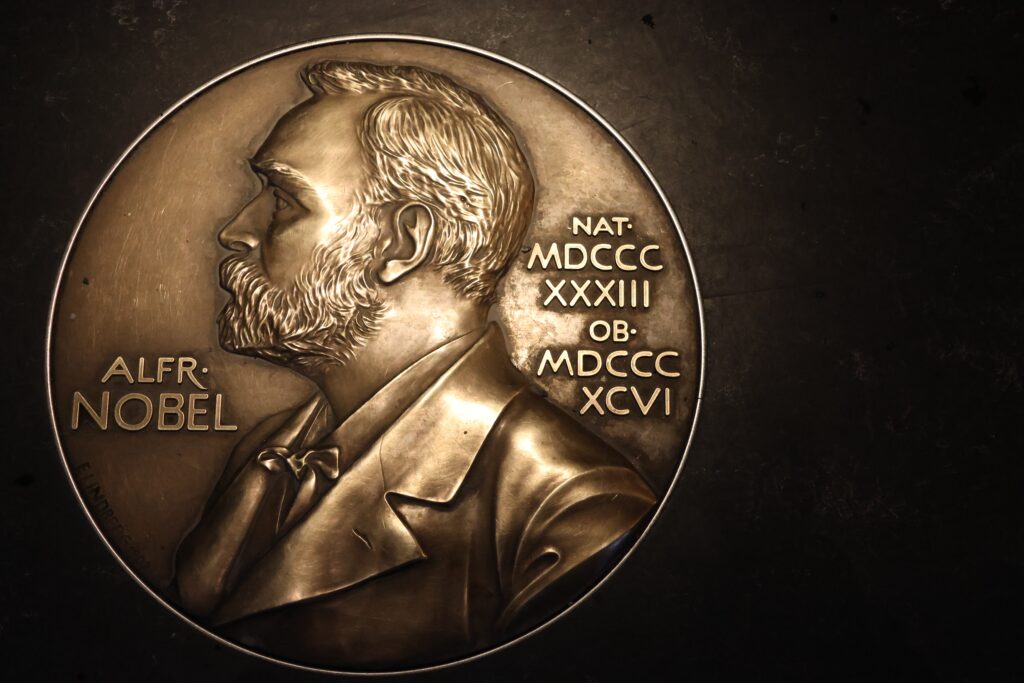Three scientists have won the 2025 Nobel Prize in Physiology or Medicine for revealing how the body stops the immune system from turning on itself.
Mary E. Brunkow, Fred Ramsdell, and Shimon Sakaguchi were recognized “for their discoveries concerning peripheral immune tolerance.”
The Nobel assembly in Stockholm announced the award Monday, granting the trio 11 million Swedish kronor — about £871,400.
Secretary-general Thomas Perlmann said only Sakaguchi answered his call. “The others probably have their phones on silent,” he joked.
The discovery centers on T-cells — white blood cells that fight infections and cancer but can also trigger autoimmune diseases.
In the 1980s, scientists believed dangerous T-cells were removed only in the thymus gland. Sakaguchi found a second safety system.
He identified regulatory T-cells, or T-regs, which carry a protein called CD25 and suppress harmful immune reactions.
“Essentially, they are the brakes of the immune system,” said Prof Adrian Liston of the University of Cambridge.
Brunkow and Ramsdell later discovered that the gene FoxP3 controls these regulatory cells. Mutations in it cause severe autoimmune diseases.
Sakaguchi confirmed FoxP3’s role, showing how it governs T-reg development and protects against self-destruction.
“Without them, autoimmunity and allergies would overwhelm us,” said Liston. “They make strong immune responses possible by keeping control.”
The findings inspired new medical research. “Trials aim to boost T-reg cells in autoimmune disease and transplants,” said Prof Marie Wahren-Herlenius.
But cancer treatments take the opposite path. “Tumors use T-regs to hide,” she said. “So, we try to destroy them in cancer therapy.”
Experts called the Nobel long overdue. “It’s a landmark discovery,” said Prof Danny Altmann of Imperial College London.
Prof Adrian Hayday of King’s College added, “We still have much to learn, but this is a cornerstone of modern immunology.”


